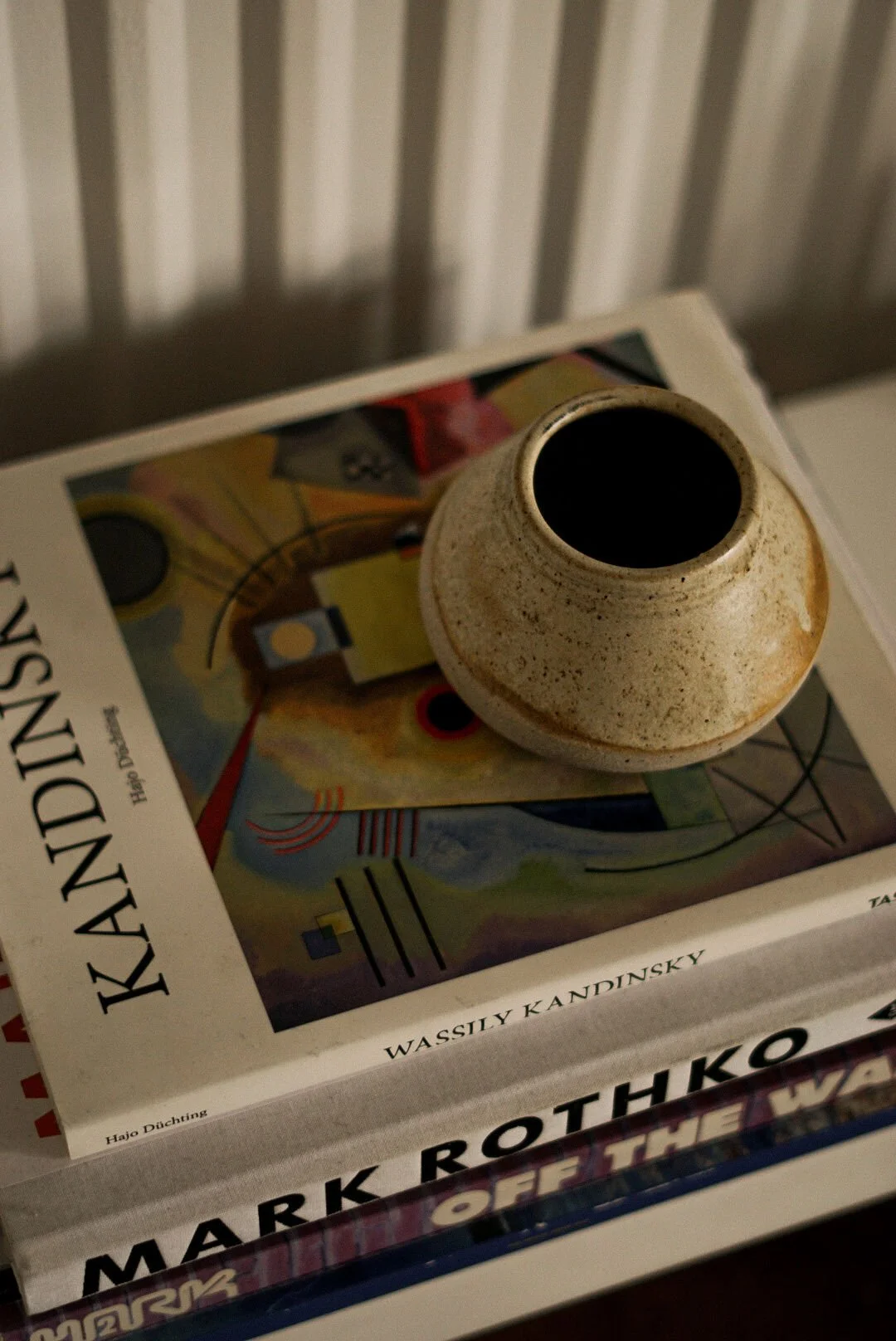Taking Back Your Time: Mastering Social Media Boundaries
There’s a slow, creeping exhaustion that happens when your phone becomes a silent thief of your day. Jaclyn had felt it too many times—picking up her phone “just to check one thing” and emerging from a scroll-induced fog 20 minutes later, wondering where the time had gone. She knew she needed a different relationship with social media—one that honored her creativity, her mental health, and her peace.
There’s also this kind of quiet that feels like oxygen. It’s the hush that comes when you set your phone down, lift your eyes, and notice the light in the room or the way the air feels in your lungs. Jaclyn had been missing that silence — the deep exhale that happens when she’s not pulled in ten different directions by notifications. She realized that social media wasn’t bad, but without mindful choices, it could eat away at the very life she was trying to live.
This is the heart of learning to set healthy boundaries online — not to escape the digital world entirely, but to come back to the real life that makes it worth sharing in the first place.
Social Media Boundaries
Social media, in the right space and time, can be a vibrant connector. But the moment it starts controlling your time spent and attention instead of serving your goals, that connection becomes draining. For Jaclyn and Sam, the solution began with setting clearer boundaries with social media and regaining control of their days.
Why Social Media Can Be a Trap
Jaclyn understood that time is not a renewable resource. Every swipe and scroll that wasn’t intentional cost her hours she could never get back. As Sam said, a challenging task would send his brain reeling toward distraction:
“My brain would say, ‘Go ahead, pick up your phone and just start scrolling.’”
The algorithms are designed to grab attention — they don’t ask permission. Without actively choosing, social media can control more time spent in a day than we ever intended.
Social media can still be beautiful for connection — it’s important to stay in touch with friends, especially those far away — but intentionality is key to making sure those moments of connection don’t turn into endless hours of distraction.
If this feels familiar, you might also love her reflections on How to Protect Your Energy From Others, where she shares tools for keeping your peace in a noisy world.
Effects Of Social Media On Brain
THEY started by examining the habitual use of phones and social media. For Jaclyn and Sam, that meant pausing long enough to notice what was really happening inside. A growing awareness of how their minds lit up from notifications brought clarity. The constant flood of updates wasn’t just cluttering their phones — it was shaping their mood, their perspective, and even creating physical tension. They could see how overwhelming, negative, or fear-inducing content spiked stress, drained energy, and fed anxiety. It wasn’t just screen time — it was emotional time, leaving an imprint on their bodies, memories, and sense of calm.
The Seven-Day Social Media Fast
Without coordinating, Jaclyn and Sam both removed social media apps for a week. The results surprised them both.
Jaclyn rediscovered deep focus — she wrote a full book outline and 15 podcast ideas in two days. Her mind felt lighter, her energy more grounded. Fear-based health headlines no longer felt urgent when they disappeared from her feed.
Sam noticed he was more present when he wasn’t pulled into the scroll. He didn’t just feel better — he recognized that his clarity was real, and the choice to stay away felt far easier than he imagined.
How To Use Social Media Effectively
They crafted a gentle, powerful plan — 20 purposeful minutes each day. Here are their mindful tips:
1. Define Your Purpose Before Opening
Ask, "What will I do during this session?" This small question shifts intention and protects against wasted minutes.
2. Break 20 Minutes Into Purposeful Segments
5 minutes: Post your content
5 minutes: Respond to DMs or comments
5 minutes: Engage meaningfully (not mindlessly)
Rest: Allow breathing room if needed — don’t let the clock stress you out.
3. Curate Your Feed to Protect Mental Health
Unfollow or mute accounts that trigger anxiety or fear. Even topics you value can be overwhelming if they repeatedly loop into dread. Even with a curated feed, it’s still worth setting limits so your time online doesn’t expand without you realizing it.
4. Use Timers — Then Close the App
When the specific time is up, be done. Close the tab, set your phone aside, and step fully back into real life.
5. Pre-Plan Your Content
Know what you’ll post, and have your caption ready. This helps prevent drifting into endless consumption instead of contributing.
This tip goes hand in hand with Jaclyn’s thoughts in The Power of Planning for Peace, where she explores the calm that comes from structuring your days with intention.
New Tips to Strengthen Your Boundaries
Use built-in tools to set app limits — Apple’s Screen Time or Android’s Digital Wellbeing can gently lock your access after your set allotment. You can also set time limits for each social media platform so you stay in control rather than letting the hours slip away.
Create less stimulating environments by leaving your phone in another room during focused work or connection time.
Plan mini social media check-ins — structured moments rather than spontaneous grabs can reduce temptation to “just look for a minute.”
Enlist accountability — share your intention with a friend or partner so they can gently remind you to stay graciously aligned.
Tools That Hold You by the Hand
If willpower feels thin, there’s support waiting:
Screen Time (Apple) or Digital Wellbeing (Android)
Third-party apps like Freedom and RescueTime, which help manage focus and screen time, as well as track social media usage
Sometimes the reminder you need isn’t from within — it’s from your own tools gently guiding your choices.
The Bigger Picture: Creator Not Consumer
Social media shouldn’t be an identity — it should be a tool serving your values. Jaclyn began saying aloud:
“I want to be known as a creator, not a consumer.”
That shift helped her move from scrolling to making, from watching to shaping, and from distraction to clarity.
Final Reflection
Boundaries with social media aren’t about cutting yourself off from the world — they’re about choosing what comes into your world. They protect your mental health, give you back the hours you’ve been unconsciously spending on social media, and open up space for your real life to feel vibrant again.
By being mindful of how much time you’re spending online, you open more space for what matters most offline — the quiet, nourishing parts of your real life.
Jaclyn would tell you: it’s not just about the amount of time you reclaim, but about how you feel in that time — grounded, present, and able to pour into what matters most.
So set your boundaries,
honor them with grace,
and watch your days become lighter.
Live on purpose. Live on frequency.
Ien Araneta - editor of The Freq Show & The Beckon Times



